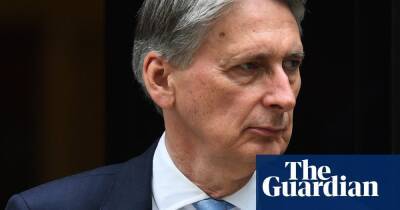Ofgem may be busy, but it must address Martin Lewis’s points
Ofgem, the energy regulator, has a lot on its plate. Some 29 retail suppliers have gone bust in the past six months, Gazprom Energy, the Kremlin-backed company that supplies 20% of the UK’s non-domestic market, may soon need a quasi-nationalisation as corporate customers defect. Meanwhile, the country needs a new energy strategy, for which the technocrats’ input will be required.
There ought still to be space, though, for Ofgem to address the issue that Martin Lewis, the money saving guy, raised with MPs on Tuesday: companies playing “fast and loose” by whacking up consumers’ direct debits beyond what’s justified by next month’s hike in the energy price cap to £1,971 for an average household. Which suppliers are guilty, Lewis was asked. Virtually all of them, he replied.
One suspects he’s right because there is clearly a temptation for loss-making companies to improve their short-term cashflow positions in the current environment. Consumers are confused about the mechanics of how a 54% increase in the cap is supposed to translate into an adjustment in their direct debit payment. Meanwhile, price competition between companies has disappeared.
In cases where an account is in arrears, a doubling of a monthly direct debit will be legitimate. But it was alarming that Lewis relayed tales of companies defending cap-beating increases for in-credit customers on the grounds that a further rise lies around the next corner. That tactic is a try-on. Yes, the Ofgem tariff probably will increase again in October (to £2,500, say latest projections) but that is not a reason to crank up balances in advance unless customers agree.
Ofgem will do everybody a favour when it gets round to implementing stiffer rules on ring-fencing of consumer
Read more on theguardian.com






![Assessing if Chainlink’s [LINK] recent price action is too good to last - ambcrypto.com](https://finance-news.co/storage/thumbs_400/img/2022/4/17/22046_kwxl.jpg)















